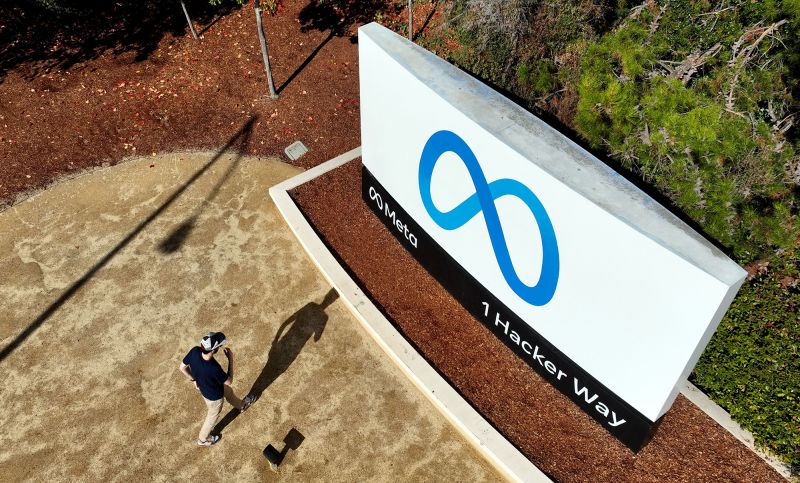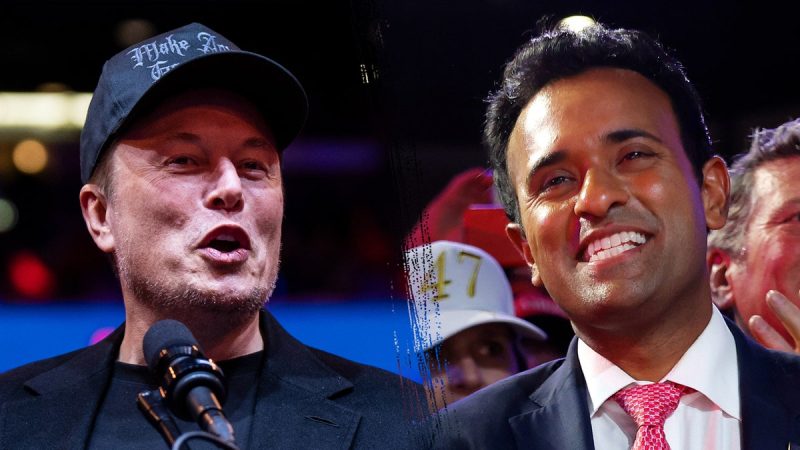

Micron Technology (NASDAQ:MU) announced a US$7 billion investment to build a high-bandwidth memory (HBM) chip-packaging facility in Singapore to meet rising global demand for artificial intelligence (AI) technology.
The facility, which will be adjacent to the US-based semiconductor manufacturer’s existing manufacturing site in Singapore, broke ground this week and is scheduled to begin operations by 2026.
Designed to enhance the company’s advanced chip-packaging capabilities, the plant is expected to create 1,400 jobs initially, with the potential to generate up to 3,000 positions as operations scale by 2027.
In a Wednesday (January 8) announcement, Sanjay Mehrotra, Micron’s president and CEO, emphasized the growing demand for memory and storage solutions as AI adoption accelerates across industries.
“With the continued support of the Singapore government, our investment in this HBM advanced packaging facility strengthens our position to address the expanding AI opportunities ahead,” Mehrotra commented.
Singapore continues to strengthen its position as a hub for semiconductor innovation and AI-driven technologies.
The city-state has attracted significant attention from major tech players, with Google (NASDAQ:GOOGL) and Amazon (NASDAQ:AMZN) expanding their cloud and data center infrastructure in the region.
Singapore has become a focal point for global semiconductor production, and its government has supported these initiatives, recognizing the semiconductor sector as vital to the country’s economy.
For instance, NXP Semiconductors (NASDAQ:NXPI) and a firm backed by Taiwan Semiconductor Manufacturing Company (NYSE:TSM,TPE:2330) are currently constructing a US$7.8 billion wafer plant in the country.
Micron’s Singapore strategy complements its work in other parts of Asia, including a US$603 million chip-packaging facility in Xi’an, China, and an US$825 million assembly and testing plant in Gujarat, India, both announced in mid-2023.
The new facility will focus on packaging HBM chips, which are critical to high-performance computing systems like AI data centers. These chips are designed to handle large amounts of data at high speeds.
The Singapore facility is Micron’s first advanced HBM chip-packaging plant in the country.
This past December, the company also finalized a US$6.165 billion subsidy with the US Department of Commerce to bolster domestic semiconductor production under the CHIPS and Science Act.
Securities Disclosure: I, Giann Liguid, hold no direct investment interest in any company mentioned in this article.























